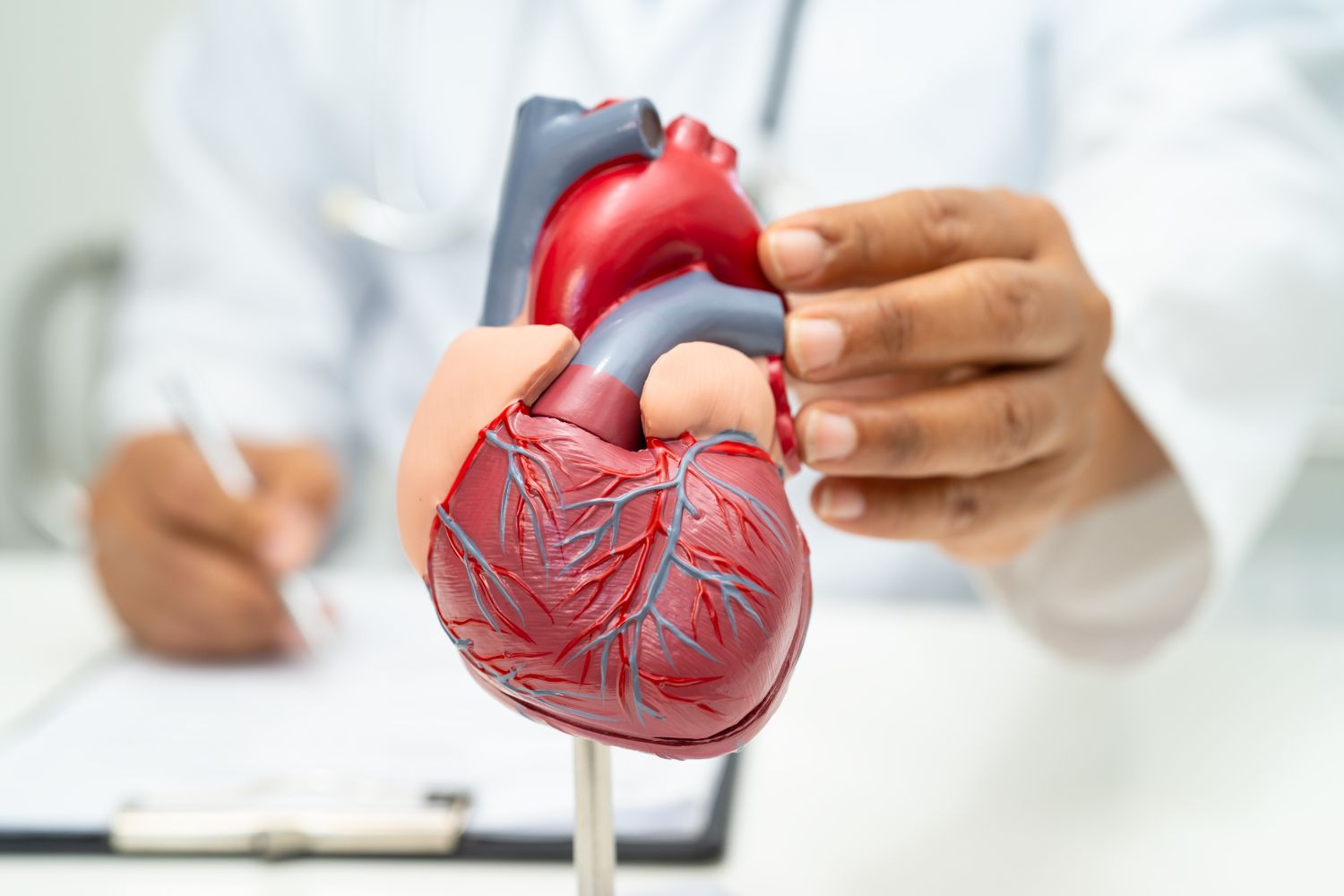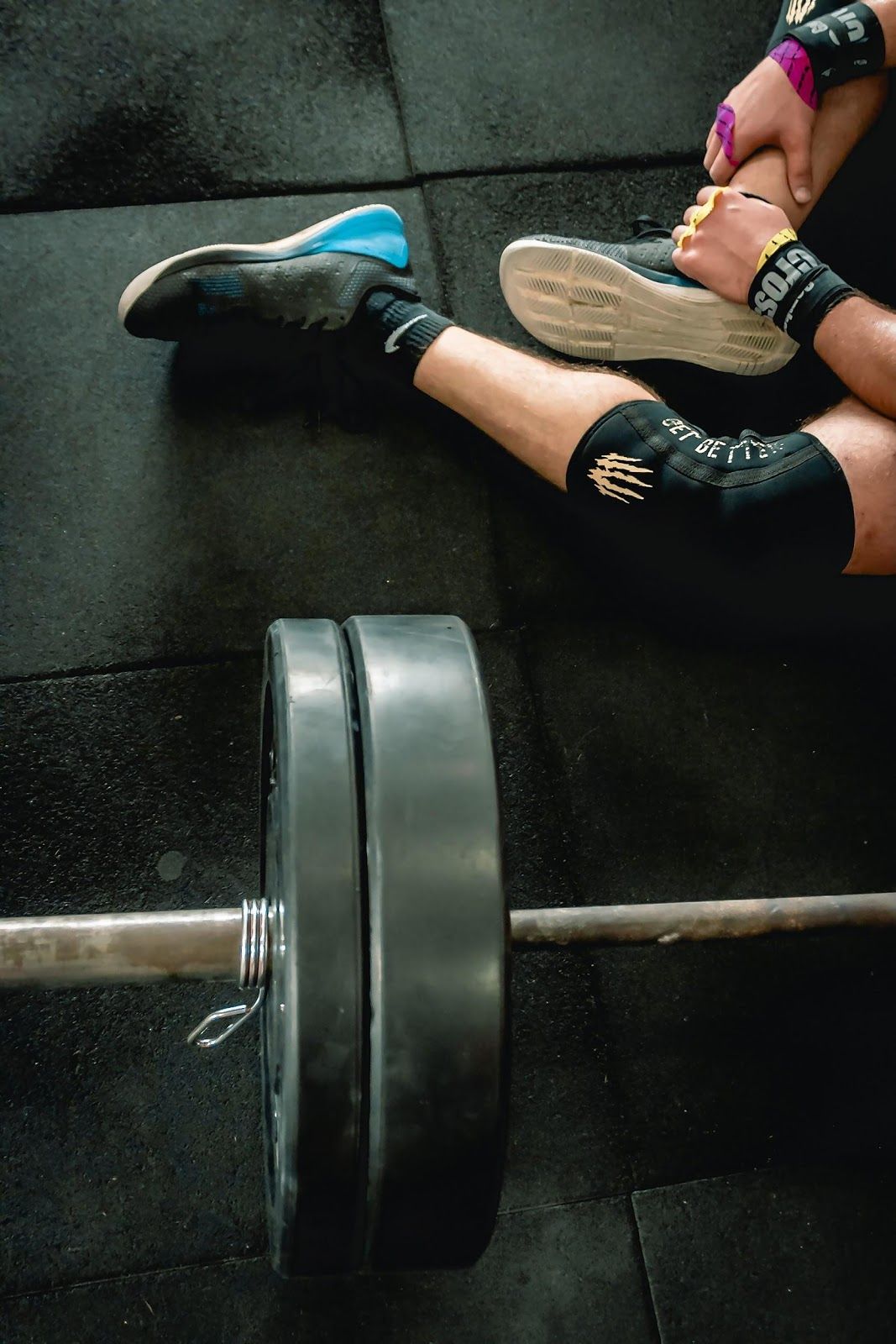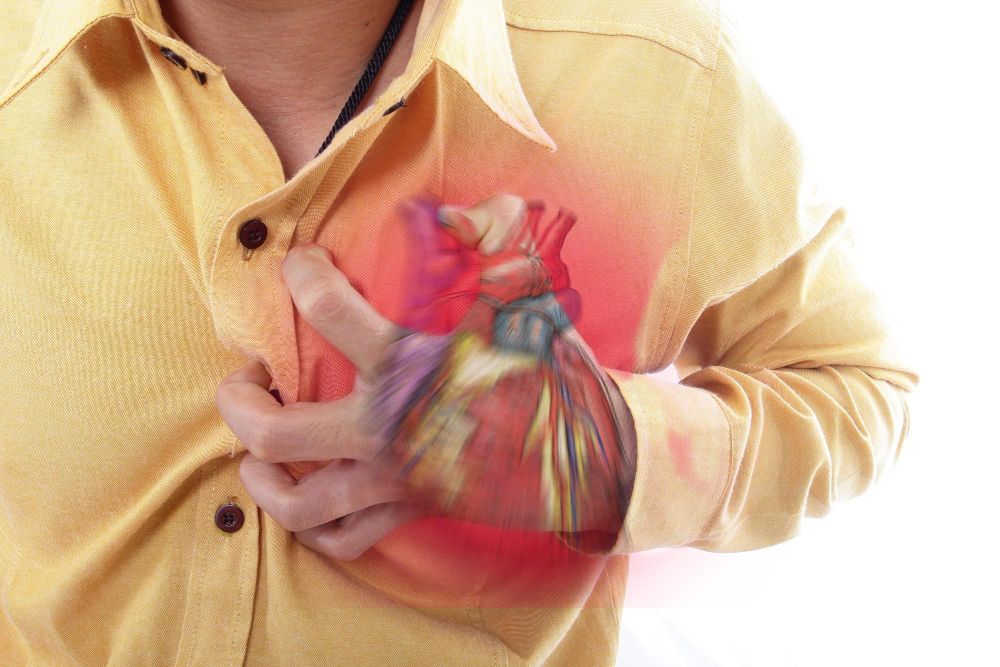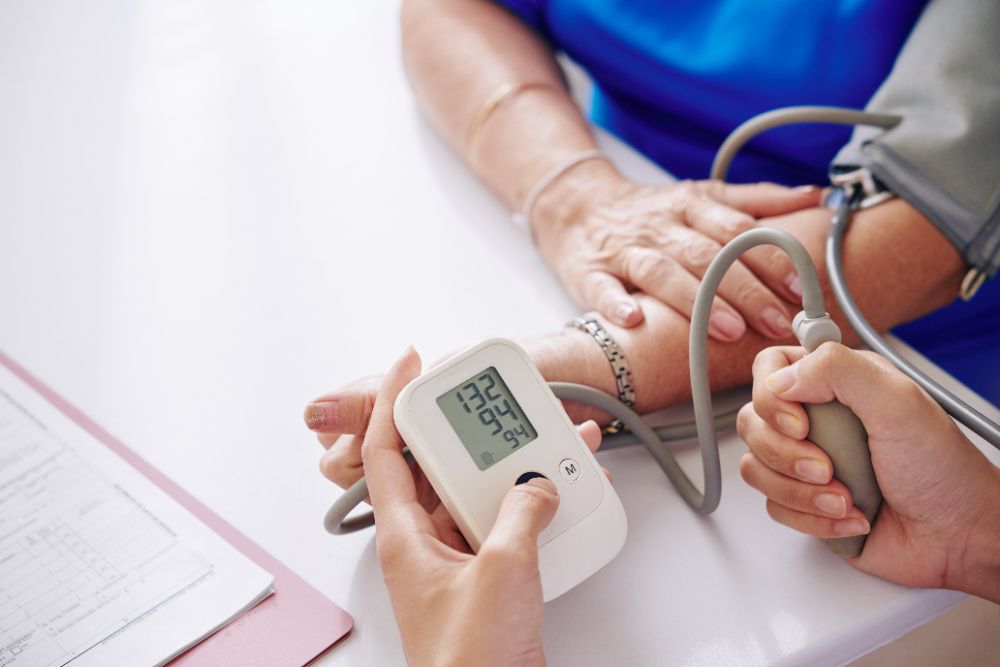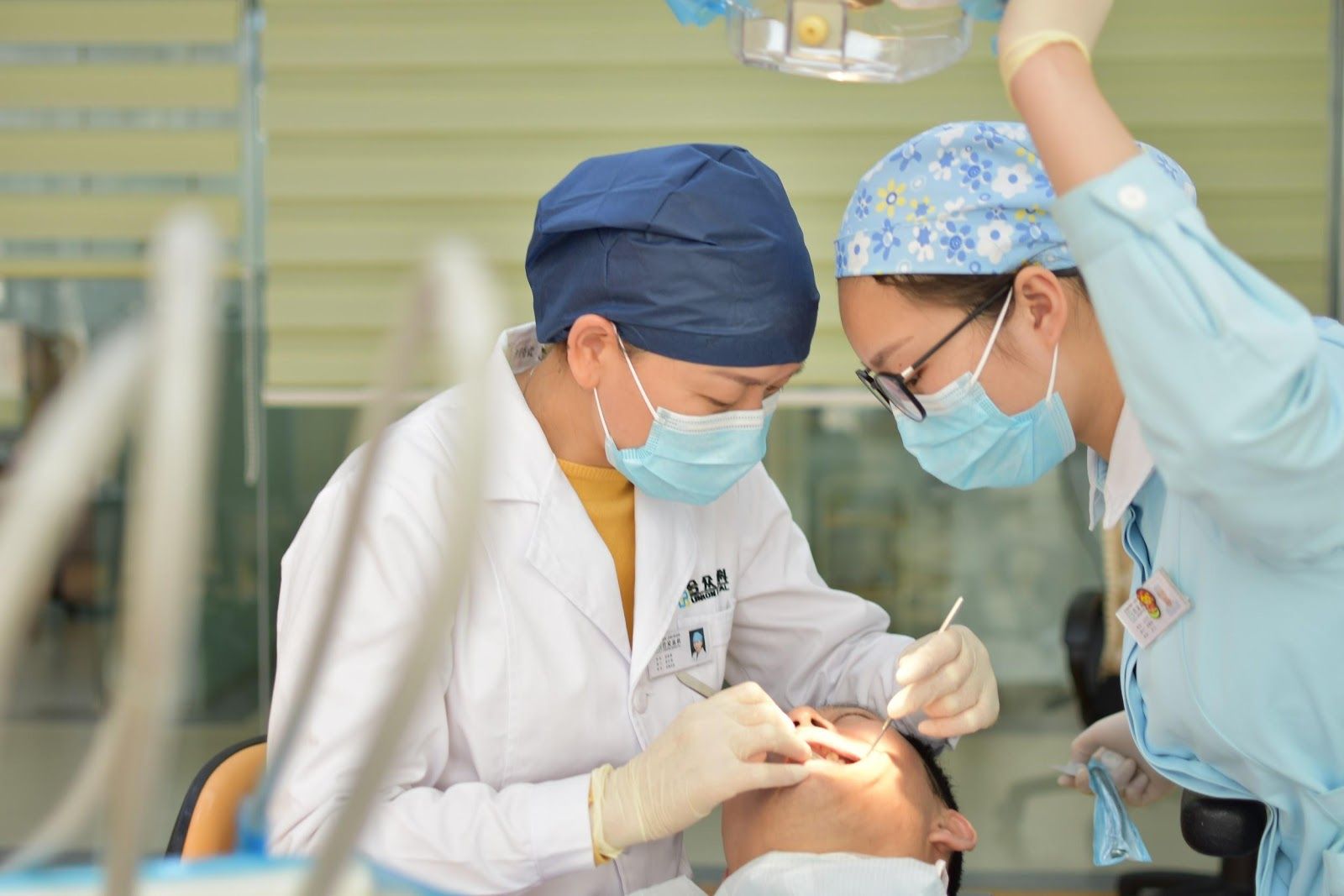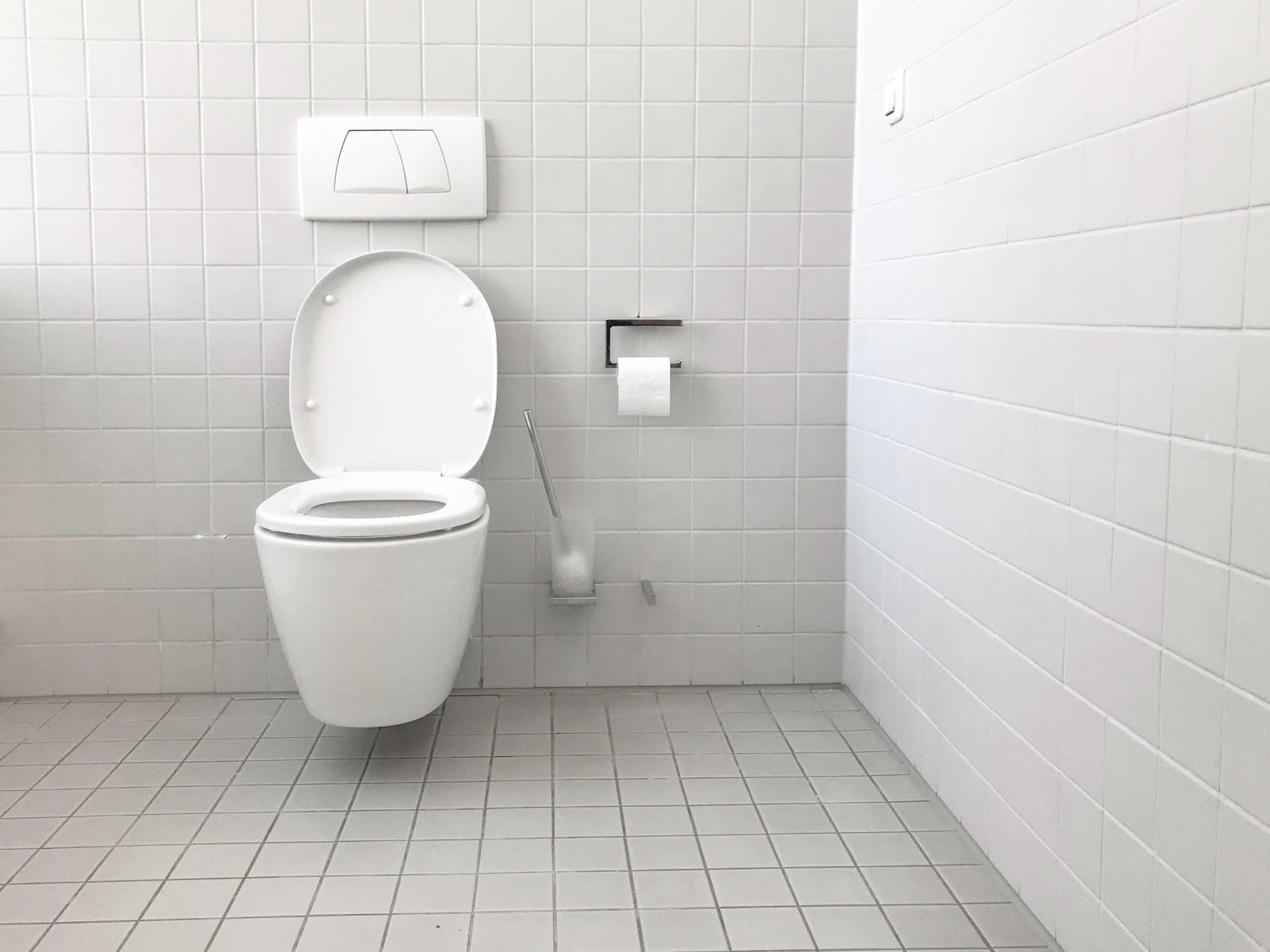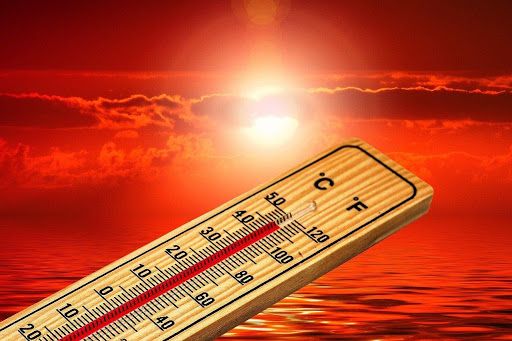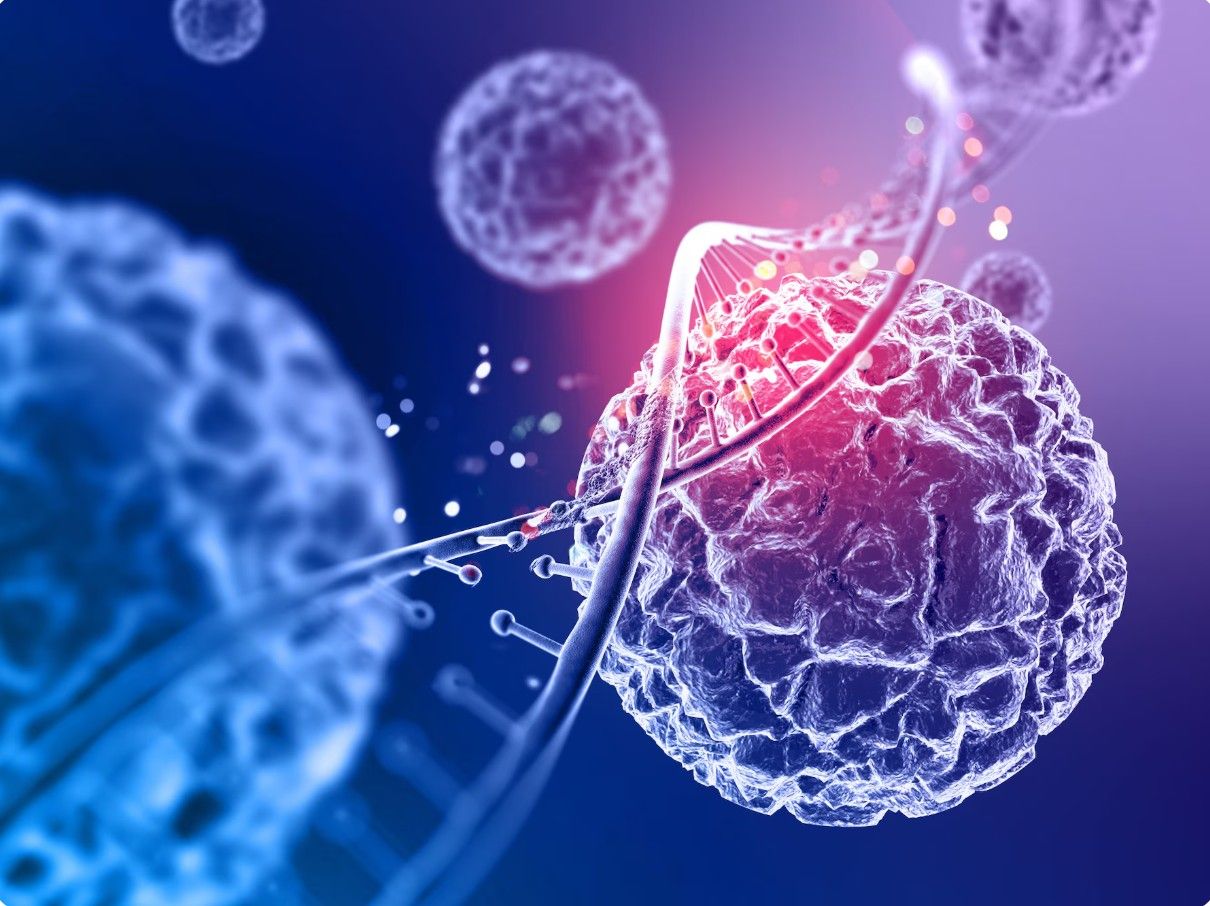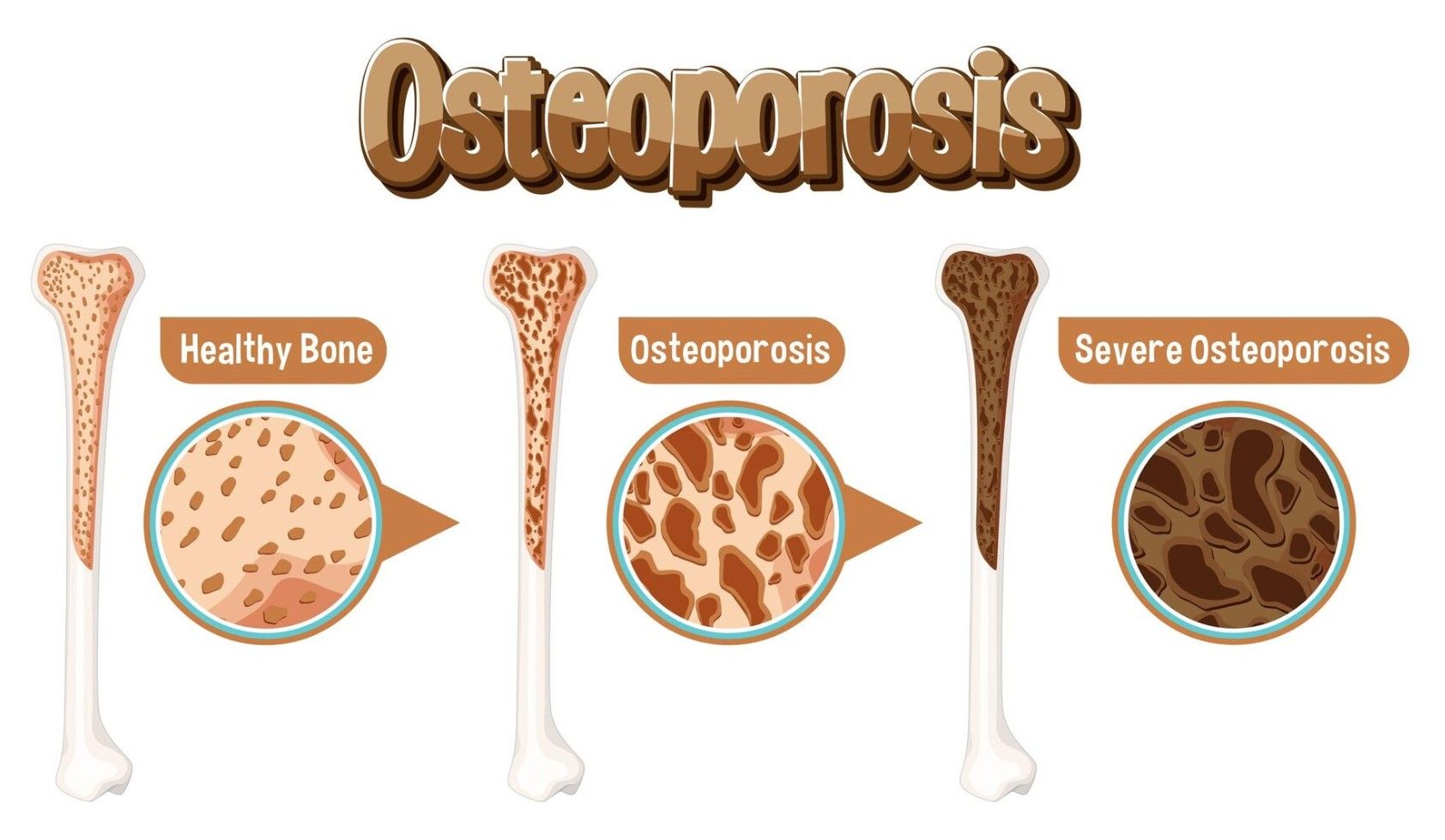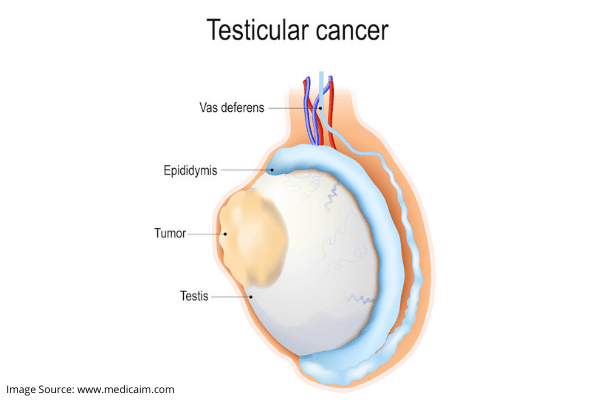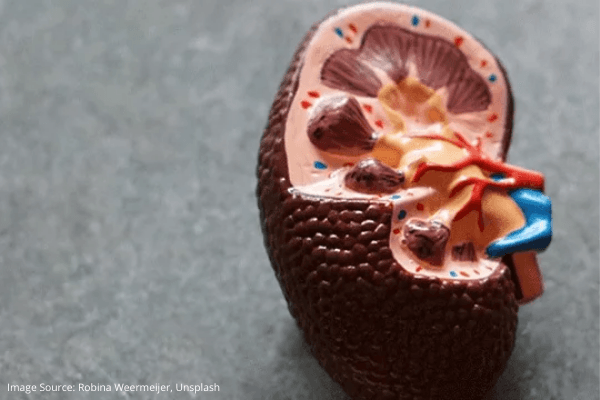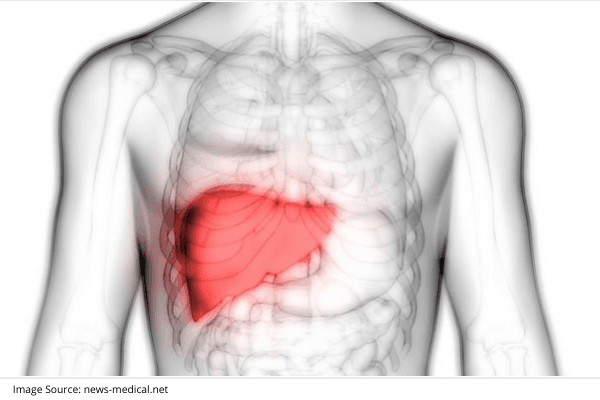Coronary Artery Disease (CAD)
Coronary artery disease (CAD), also known as coronary heart disease, is one of the most common types of heart disease. It occurs when the major blood vessels that supply the heart—the coronary arteries—become narrowed or blocked. This reduced blood flow to the heart is primarily caused by a condition known as atherosclerosis, where plaque builds up on the artery walls. Plaque is made of fat, cholesterol, and other substances that make arteries stiff and narrow.
CAD typically develops slowly over time, and symptoms often appear only after the arteries are significantly narrowed. When blood flow to the heart muscle is restricted, it can cause chest pain (angina) or shortness of breath. In severe cases, a complete blockage of blood flow can lead to a heart attack. Treatment may include medications, lifestyle changes, and sometimes surgical procedures. Eating a balanced diet, staying active, managing stress, and avoiding tobacco use are vital to preventing CAD and managing its progression.
Common Symptoms of CAD
Symptoms of CAD occur when the heart isn’t receiving enough oxygen-rich blood. Key symptoms include:
- Chest pain or discomfort (angina): Often described as squeezing, tightness, pressure, or heaviness, usually in the center or left side of the chest. Pain may also radiate to the neck, arms, back, or jaw.
- Shortness of breath: A feeling of breathlessness, especially during activity.
- Fatigue: Unusual tiredness due to the heart's reduced pumping ability.
Sometimes, symptoms are only noticed during physical exertion. As the disease progresses, symptoms may worsen or occur more frequently. A full blockage can result in a heart attack, with symptoms such as:
- Pain in the chest or spreading to other parts of the body
- Cold sweats, nausea, or dizziness
- Shortness of breath or heartburn Not everyone experiences typical symptoms, especially older adults, women, or people with diabetes.
Causes and Risk Factors
CAD results from plaque buildup in the arteries. Key causes and contributing factors include:
- High blood pressure
- High cholesterol (especially LDL)
- Diabetes or insulin resistance
- Smoking
- Lack of exercise and obesity
Risk factors you can’t control include age, sex (men are typically at higher risk), and family history. However, many risk factors are manageable through lifestyle changes. Additional contributing factors may include sleep apnea, chronic kidney disease, unhealthy diet, alcohol overuse, and elevated stress levels.
Possible Complications
If left untreated, CAD can lead to serious complications, such as:
- Heart attack
- Heart failure due to long-term damage
- Arrhythmias (irregular heartbeats)
- Ongoing chest pain (angina)
Diagnosis and Testing
Diagnosing CAD involves a physical exam, medical history, and several diagnostic tests:
- Blood tests for cholesterol and inflammation markers
- Electrocardiogram (ECG) to measure heart activity
- Echocardiogram and stress tests
- Nuclear imaging, CT scans, or cardiac catheterization for detailed artery visualization
Treatment Options
Treatment may include a combination of lifestyle changes, medications, and procedures:
- Cholesterol-lowering drugs (statins)
- Aspirin or blood thinners
- Beta blockers or calcium channel blockers
- ACE inhibitors or ARBs
- Nitroglycerin for chest pain
- Surgical procedures like stents or bypass surgery in severe cases
Effective management can significantly improve quality of life and reduce the risk of complications.
Ten Effective Remedies That You Can Refer to When You Are Suffering from Muscle Cramps
Finally starting off with the gym life can get too overwhelming until you hit those muscle cramps along with the weights.
Skin Tags - Benign Tumor or Cancerous Tumor?
Skin tag if observed is a narrow stalk that hangs about your skin, bulging at the end. They are usually freshly colored and can grow anywhere on your body.
Rotator Cuff Tear
A rotator cuff tear is a rotator cuff injury that can cause shoulder pain and loss of arm function. The rotator cuff is a set of muscles and tendons in your shoulder.
Importance of Parental Counselling
Right from the moment you tell your friends and family about your pregnancy, little hints keep coming your way on parenting your unborn child!
Taking Care of a Terminal Patient? Here Are Six Ways to Help Them to the Fullest
A terminally ill patient is someone who has a relatively short life expectancy. Terminally ill people are usually shifted from an actively curative medicinal regime
Stages of Tooth Decay and Their Treatment Options
Tooth decay refers to the degradation process of the structure of the tooth resulting in permanent damage.
12 Home Remedies for Dry Cough
The flu, common cold, asthma, cigarette smoke exposure, and other conditions can all cause a dry cough. Home remedies such as honey, peppermint, and air purifiers may be beneficial.
Shoulder Dislocation
Shoulder dislocation occurs when the bones of your shoulder joint are pushed or forced out of their normal positions.
5 Facts to Keep in Mind for Your Monthly Menstruation Cycle
Our menstruation indicates multiple activities within your body. Every month, your uterus forms a thicker lining for the ovary to release an egg for a possible pregnancy.
Different Types of Diabetes
Junk food and increasing physical activity are leading to a worldwide epidemic of obesity, resulting in diseases like diabetes
Dilated Cardiomyopathy
Dilated cardiomyopathy is a form of heart muscle illness in which the heart chambers (ventricles) weaken and stretch, becoming bigger.
Hypertension (High Blood Pressure)
High blood pressure, also known as hypertension, is a condition in which the blood flow against the inner walls of the arteries is persistently high.
3 Cosmetic Dentistry Procedures You Did Not Know About
Over the past few years, cosmetic dentistry has undergone significant evolution in society. With the increasing demand for cosmetic dentistry, it is no longer a luxury; it has become a necessity.
5 Lifestyle Changes That Will Help with Your Urinary Incontinence
Urinary Incontinence is quite a painful and embarrassing condition to have. It refers to the loss of bladder control, which can vary from a slight release of urine after sneezing, coughing, or laughing, to a complete inability to control urination.
5 Tips This Summer to Avoid Heatstroke
Certain jobs demand fieldwork in the scorching heat. The warm weather, bright sun, and the blue skies are not always an excellent working environment for them at all.
6 Home Remedies for Yeast and Vaginal Infections
Yeast infection is common among women. You might have had the experience of irritating soreness and itching that prolonged for days due to not knowing about the cause.
Aortic Dissection
An aortic dissection is a tear in the aorta. This is the primary artery that transports oxygen-rich blood from your heart to the rest of your body.
Bariatric Surgery and Weight Loss
Bariatric surgery, also known as weight loss surgery, is performed on individuals suffering from obesity. It involves a variety of procedures that help maintain long-term weight loss and also aid in treating obesity.
Best Foods to Cleanse Your Liver
Your liver is one of the largest organs in your body and its primary function is to filter the system by converting toxins to waste products, cleansing your blood and process various nutrients.
Infertility and its Major Causes and Treatments
Infertility is an issue that’s on the rise – not just in India but all over the world. It’s estimated that, on average, one out of every six couples has had issues with infertility.
Precautions to be Taken to Avoid Eosinophilia
Let’s begin with talking about eosinophils – they are just a type of white blood cells that are laden with reactive chemicals which get released under specific conditions to cause mayhem in the body
What is BMD Assessment and its Significance in Treating Osteoporosis
Osteoporosis is that creepy monster lurking in the dark, waiting to manifest itself as you age and get less active.
Signs of Testicular Cancer
Men have a pair of testicles located in a sac-like pouch called the scrotum. It forms part of their reproductive system and are responsible for sperm production.
Signs and Symptoms of Kidney Stone
Your kidneys are very important organs in the body; they regulate water content, filter waste from blood, and produce hormones.
Treatment For Liver Failure
Treatment for liver failure depends largely on the causative agent; for example of it’s due to hepatitis virus infection, then hydration and supportive care needs to be provided while the body’s immune system fights back. If it’s due to gallstones,
Related Blogs
Ten Effective Remedies That You Can Refer to When You Are Suffering from Muscle Cramps
Finally starting off with the gym life can get too overwhelming until you hit those muscle cramps along with the weights.
Skin Tags - Benign Tumor or Cancerous Tumor?
Skin tag if observed is a narrow stalk that hangs about your skin, bulging at the end. They are usually freshly colored and can grow anywhere on your body.


